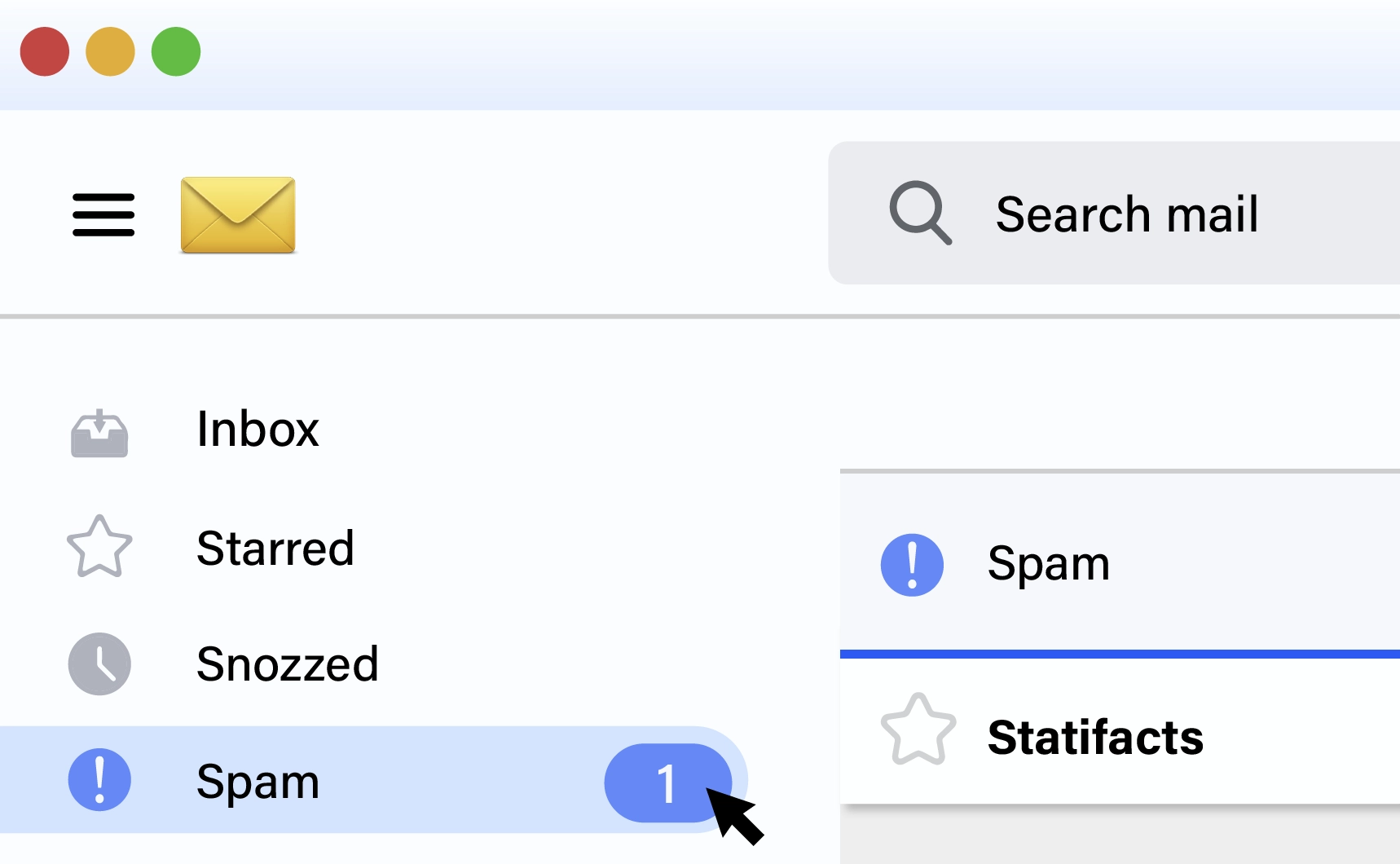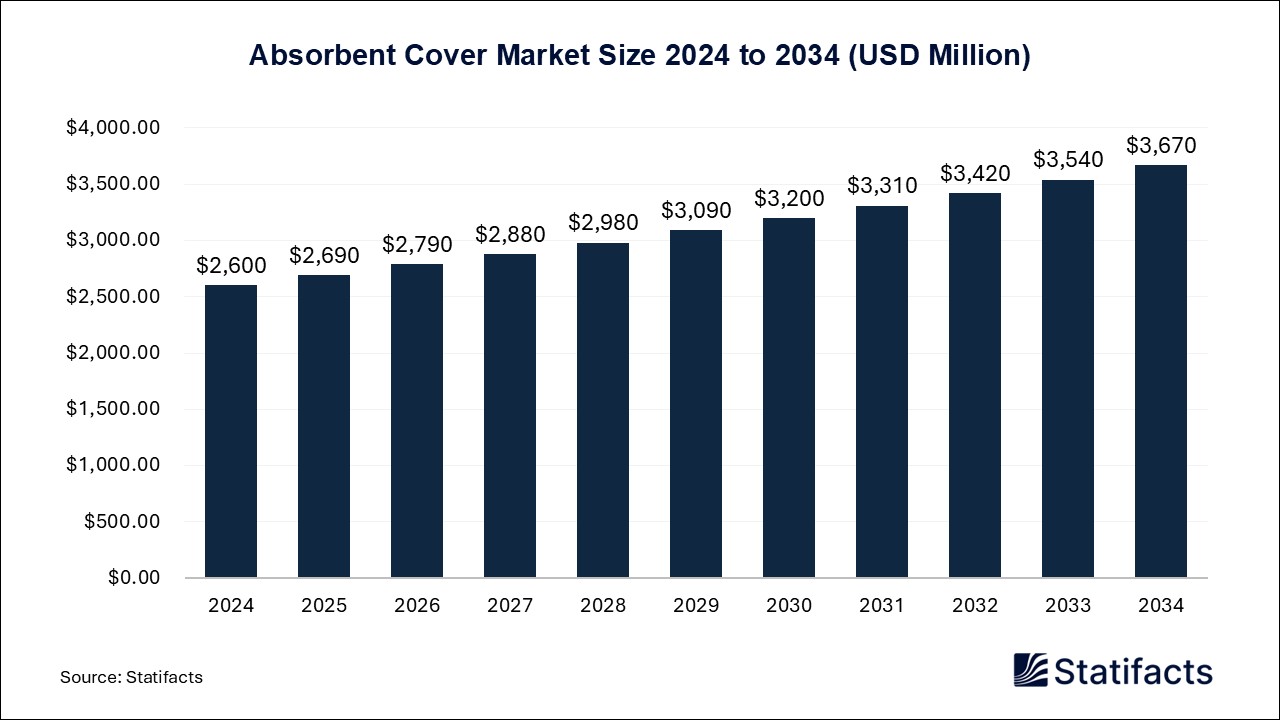Last Updated: 04 Jul 2025
Source: Statifacts
By clicking “Accept All Cookies” you agree to the storing of cookies on your device to enhance site navigation, analyze site usage, and assist in our marketing efforts.
Privacy PolicyThe global CAR T-cell therapy market size was estimated at USD 5.51 billion in 2024 and is projected to be worth around USD 146.55 billion by 2034, growing at a CAGR of 38.83% from 2025 to 2034.
| Industry Worth | Details |
| Market Size in 2025 | USD 7.64 Billion |
| Market Size by 2034 | USD 146.55 Billion |
| Market Growth Rate from 2025 to 2034 | CAGR of 38.83% |
CAR T-cell therapy is an immunotherapy that alters a patient’s T cells to target and destroy cancer cells. This therapy includes engineering T cells with chimeric antigen receptors (CARs) to understand specific antigens in cancer cells. The CAR T-cell therapy market is boosted by developments in biotechnology, rising cancer prevalence, and rising requirements for personalized medicine. It mainly understands hematologic malignancies such as leukemia and lymphoma, with extending research into solid tumors, despite difficulties such as high expenses and complex manufacturing, clinical trials, regulatory acceptances, and investments in innovative treatment solutions assist the market.
"This impressive data highlights the potential of Descartes-08 to serve as an important therapeutic option to deliver deep and sustained reductions in MG-ADL for patients with myasthenia gravis," trial investigator Tuan Vu, MD, a professor of neurology at the University of South Florida Morsani College of Medicine, and the director for Neuromuscular Medicine and EMG, said in a statement. "The data in participants who had not received prior biologic therapy is particularly striking as this population is most comparable to the patient populations in trials of standard-of-care biologics."
“What’s exciting about CAR T-cell therapy is that it’s a one-time treatment using a patient’s own white blood cells to fight certain blood cancers,” says Priti Hegde, Senior Vice President and Global Head of Research at Kite. “CAR T has already demonstrated improved survival for patients with certain types of blood cancers, but we believe the potential for CAR T is far greater and can reach more eligible patients.”
AI has remarkably benefited the CAR T-cell therapy market by improving numerous stages of development and treatment, from determining potential targets and promoting manufacturing processes to streamlining clinical trials and enhancing patient results. AI can optimize the manufacturing process of CAR T-cells, reduce expenses, and speed up production. AI can speed up clinical trial design by determining preclinical and clinical data, contributing to identifying suitable candidates and optimizing trial protocols.
The CAR T-cell therapy market is experiencing significant growth, with North America maintaining its position as the dominant region while Europe emerges as the rapidly growing market. The Asia Pacific region is projected to be the fastest-growing in the transcatheter aortic valve replacement (TAVR) market during the forecast period.
North America
North America dominated the global CAR T-cell therapy market in 2024. North America, particularly the United States, has held the largest share of the CAR T-cell therapy market. The region has seen early acceptance of new CAR T-cell therapies and techniques, boosted by a strong biotechnology field and remarkable healthcare expenditure. Remarkable investments in research and development have pushed innovation and the advancement of new therapies.
Europe
Europe is experiencing rapid growth in the CAR T-cell therapy market during the forecast period. The increasing prevalence of hematologic malignancies, such as lymphoma and leukemia, in Europe fuels the requirement for advanced therapies such as CAR T-cell therapy. Europe boasts a solid healthcare infrastructure, including skilled professionals and specialized centers, which promotes the delivery of CAR T-cell therapies.
Asia Pacific
Asia Pacific is projected to be the fastest-growing CAR T-cell therapy market during the forecast period. Continuous developments in genetic engineering techniques are contributing to enhanced efficacy and safety profiles of CAR T-cell therapies, making them more attractive treatment alternatives. Increased collaborations between global pharmaceutical firms and local players in the Asia Pacific region, as well as remarkable investments in research and development, are accelerating the development and commercialization of these therapies.
The CAR T-cell therapy market is featured by intense competition among numerous firms, including both well-known pharmaceutical giants and emerging biotechnology companies.
Aurora Biopharma is a firm focused on the biopharmaceutical industry, specifically in the realm of cancer immunotherapy. The firm's main offering involves the development of life-threatening solid tumors, first-in-class therapies for resistance.
Gilead Sciences operates in a competitive biopharmaceutical landscape. These competitors have various portfolios, robust R&D pipelines, and unaltered global market presence, posing remarkable challenges to Gilead's market share in key therapeutic areas such as oncology and immunology.
Novartis has divested non-core assets such as vaccines, animal health, and generics to free up resources and target on high-growth areas. Novartis is investing heavily in developed technology platforms such as radioligand therapy, xRNA, and gene and cell therapy, which are seen as key contributors to future expansion.
Published by Rohan Patil
Last Updated: 04 Jul 2025
Source: Statifacts
Last Updated: 04 Jul 2025
Source: Statifacts
| Subsegment | 2024 | 2025 | 2026 | 2027 | 2028 | 2029 | 2030 | 2031 | 2032 | 2033 | 2034 |
|---|---|---|---|---|---|---|---|---|---|---|---|
| Hospitals | 2,442.28 | 3,312.06 | 4,490.58 | 6,086.94 | 8,248.54 | 11,174.40 | 15,133.13 | 20,486.94 | 27,723.92 | 37,501.27 | 52,126.77 |
| Cancer Treatment Centers | 1,636.55 | 2,277.05 | 3,169.07 | 4,411.68 | 6,143.17 | 8,556.51 | 11,921.08 | 16,613.09 | 23,157.99 | 32,289.93 | 44,883.00 |
| Academic & Research Institutes | 688.94 | 936.98 | 1,274.19 | 1,732.55 | 2,355.50 | 3,201.93 | 4,351.79 | 5,913.48 | 8,033.91 | 10,912.15 | 15,167.89 |
| Specialty Clinics | 378.03 | 569.65 | 853.17 | 1,271.16 | 1,885.47 | 2,785.80 | 4,102.12 | 6,022.39 | 8,818.25 | 12,881.77 | 17,905.66 |
| Contract Development and Manufacturing Organizations (CDMOs) | 365.53 | 545.88 | 811.28 | 1,200.66 | 1,770.45 | 2,602.31 | 3,814.24 | 5,576.58 | 8,135.04 | 11,843.59 | 16,462.59 |
Last Updated: 04 Jul 2025
Source: Statifacts
| Subsegment | 2024 | 2025 | 2026 | 2027 | 2028 | 2029 | 2030 | 2031 | 2032 | 2033 | 2034 |
|---|---|---|---|---|---|---|---|---|---|---|---|
| Hospitals | 2,442.28 | 3,312.06 | 4,490.58 | 6,086.94 | 8,248.54 | 11,174.40 | 15,133.13 | 20,486.94 | 27,723.92 | 37,501.27 | 52,126.77 |
| Cancer Treatment Centers | 1,636.55 | 2,277.05 | 3,169.07 | 4,411.68 | 6,143.17 | 8,556.51 | 11,921.08 | 16,613.09 | 23,157.99 | 32,289.93 | 44883 |
| Academic & Research Institutes | 688.94 | 936.98 | 1,274.19 | 1,732.55 | 2,355.50 | 3,201.93 | 4,351.79 | 5,913.48 | 8,033.91 | 10,912.15 | 15,167.89 |
| Specialty Clinics | 378.03 | 569.65 | 853.17 | 1,271.16 | 1,885.47 | 2,785.80 | 4,102.12 | 6,022.39 | 8,818.25 | 12,881.77 | 17,905.66 |
| Contract Development and Manufacturing Organizations (CDMOs) | 365.53 | 545.88 | 811.28 | 1,200.66 | 1,770.45 | 2,602.31 | 3,814.24 | 5,576.58 | 8,135.04 | 11,843.59 | 16,462.59 |
CAR T-cell therapy is an advanced cancer treatment where a patient’s T cells are genetically modified to express chimeric antigen receptors (CARs) that target and destroy cancer cells upon reinfusion into the body.
CAR T-cell therapy is primarily used to treat blood cancers such as leukemia, lymphoma, and multiple myeloma. Research is ongoing to expand its use to solid tumors and other malignancies.
The market is expanding due to increasing approvals for new indications, strong clinical trial outcomes, growing demand for personalized medicine, and rising investment in cell and gene therapy technologies.
Key challenges include high treatment costs, complex manufacturing processes, limited access and availability, and potential side effects like cytokine release syndrome and neurotoxicity.
Leading companies include Novartis (Kymriah), Gilead Sciences (Yescarta), Bristol Myers Squibb (Breyanzi, Abecma), and emerging players like Legend Biotech and Autolus Therapeutics.
To get full access to our Market Insights, you need a Professional Account or a Business Suite.

You will receive an email from our Business Development Manager. Please be sure to check your SPAM/JUNK folder too.

You will receive an email from our Business Development Manager. Please be sure to check your SPAM/JUNK folder too.

Our customers work more efficiently and benefit from


